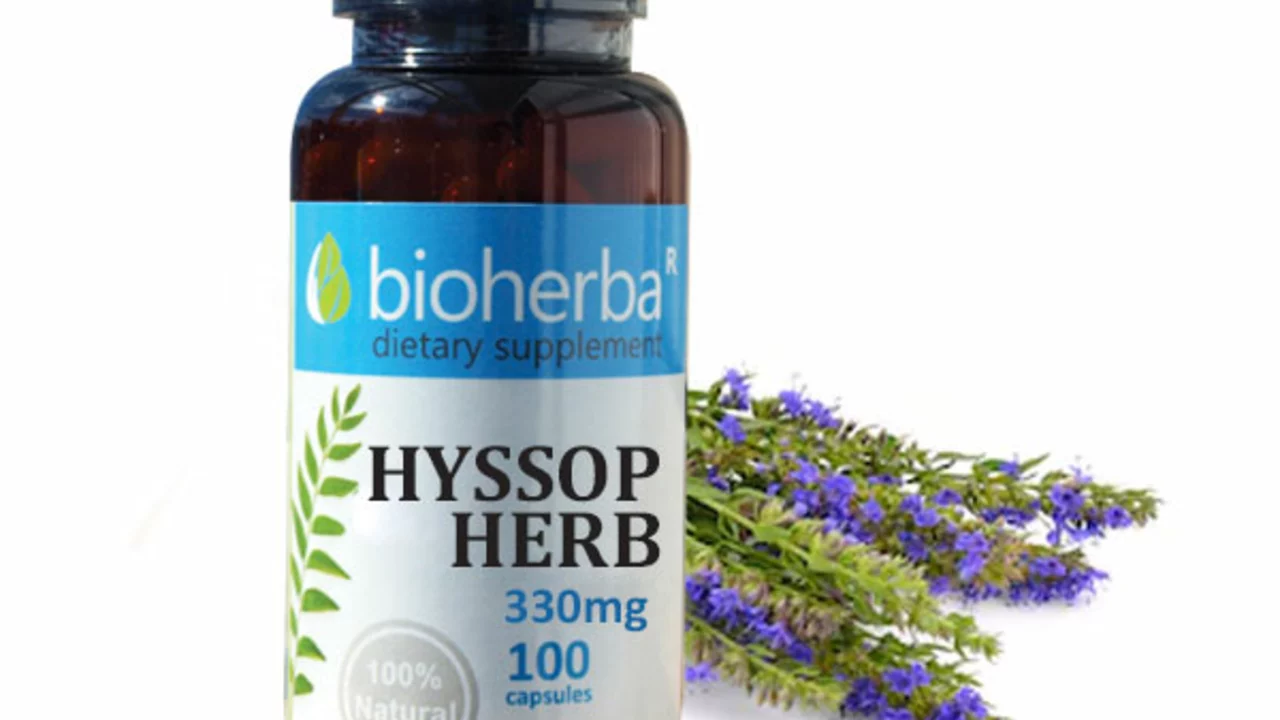Hyssop: what it helps with and how to use it safely
Hyssop is a small, aromatic herb people have used for centuries for coughs, digestion, and mild respiratory issues. You’ll find it sold as dried leaves for tea, capsules, tinctures, and essential oil. Some people like the minty, slightly bitter taste in cooking; others use it as a home remedy for a scratchy throat.
Want a simple use? Make a hyssop tea: steep 1–2 teaspoons of dried leaves in hot water for 8–10 minutes, strain, and drink up to three cups a day. That’s the usual folk approach and the safest DIY option if you’re trying it for the first time. If you prefer supplements, follow the label for dose advice and choose brands that test for purity.
What it may help with
People use hyssop for a few everyday complaints: mild coughs, throat irritation, and occasional digestive upset. Some use the essential oil in a diffuser for stuffy rooms or as a diluted topical for muscle tension. There’s limited modern research, but traditional use and early studies suggest it can soothe respiratory symptoms and aid digestion when used short-term. That said, it’s not a replacement for prescribed medicines for infections or chronic conditions.
Safety, side effects, and cautions
Keep safety front and center. Hyssop essential oil contains strong compounds that can be toxic at high doses and may trigger seizures in sensitive people. Don’t take the essential oil by mouth. Avoid hyssop if you are pregnant or breastfeeding, or if you have epilepsy or a seizure disorder. Children and people on multiple prescription medications should check with a healthcare provider before using hyssop.
Look for quality when buying: choose organic dried herb or supplements from brands that offer third-party testing. For essential oils, pick reputable companies and always dilute for topical use — a few drops in a carrier oil, not straight on skin. If you notice dizziness, unusual headaches, tremors, or other worrying symptoms after using hyssop, stop and see a doctor.
Thinking of trying hyssop with other drugs? Talk to your pharmacist or doctor. Herbs can interact with prescription meds and change how they work. If you’re replacing a current treatment or treating serious symptoms, get medical advice first.
Bottom line: hyssop can be a useful, gentle herb for short-term, mild issues when used correctly — especially as a tea. Respect the essential oil’s strength, choose tested products, and check with a healthcare professional if you have health conditions or take medications. That way you get the benefit without the avoidable risk.

Experience the Healing Power of Hyssop: A Must-Have Dietary Supplement for Your Wellness Journey
In my recent exploration of natural wellness supplements, I've discovered the incredible healing benefits of Hyssop. This herb has been used for centuries and is a must-have for anyone embarking on a wellness journey. Not only does it boost immune system health, but it also aids digestion and respiratory function. I've found that adding Hyssop to my diet has significantly improved my overall wellness. I strongly recommend Hyssop for anyone seeking a natural way to enhance their health.
read more
